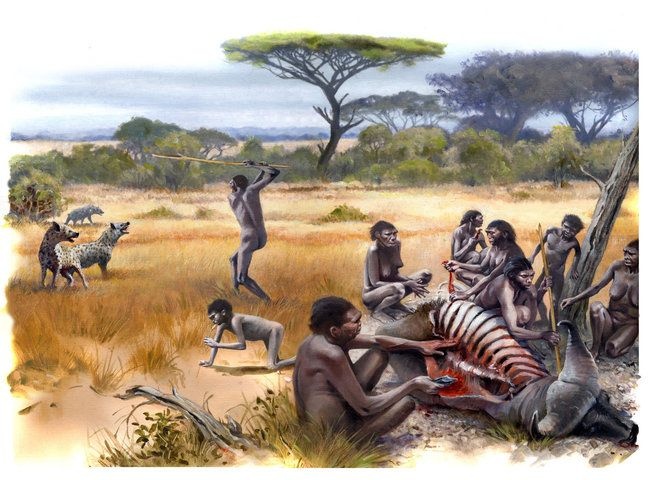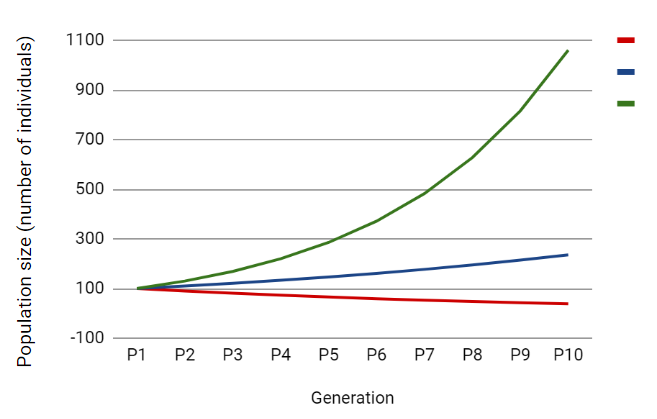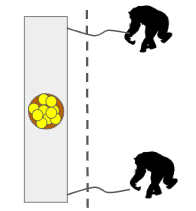
Fill in the blanks: adaptations to cooperative foraging
A fill in the blanks activity on the natural selection of traits that enabled cooperative foraging in our ancestors
This video is about domestication – or “taming by breeding” – of foxes, a Russian research project that has been conducted since the 1950s. It shows which behavioral patterns of foxes were selected during breeding, what was found out about the genetic makeup underlying these patterns of behavior and to what extent fox breeding is comparable to the breeding of dogs.
Possible discussion questions about the video:
Which characteristics were selected or were of interest in the breeding of foxes (and also dogs), which were not?
What does “hyper-sociability” mean? What behaviors does it involve?
Describe the simple experiment breeders used in order to evaluate the sociability of dogs, foxes, and other domesticated animals.
Is tame and friendly temperament determined only by inherited genes? If not, by what other factors?
Why can geneticists use bred foxes rather than bred dogs to better study the genetics underlying a tame, friendly temperament?
What external characteristics/body features are associated with domestication in addition to social temperament?

A fill in the blanks activity on the natural selection of traits that enabled cooperative foraging in our ancestors

A reading text about cooperative foraging in the animal kingdom and in our early ancestors

A worksheet in which students calculate and graph the changes in the frequencies of traits related to cooperative foraging in a population over several generations, exploring the role of variation, fitness consequences and trait inheritance in evolutionary change.

In a series of experiments, anthropologists wanted to find out whether chimpanzees and bonobos work together and share a common source of food. Results tell us something about the role of social tolerance in cooperative foraging.
OpenEvo is an educational innovation project from the Department of Comparative Cultural Psychology at the Max Planck Institute for Evolutionary Anthropology.
Evolve the future of education with us!